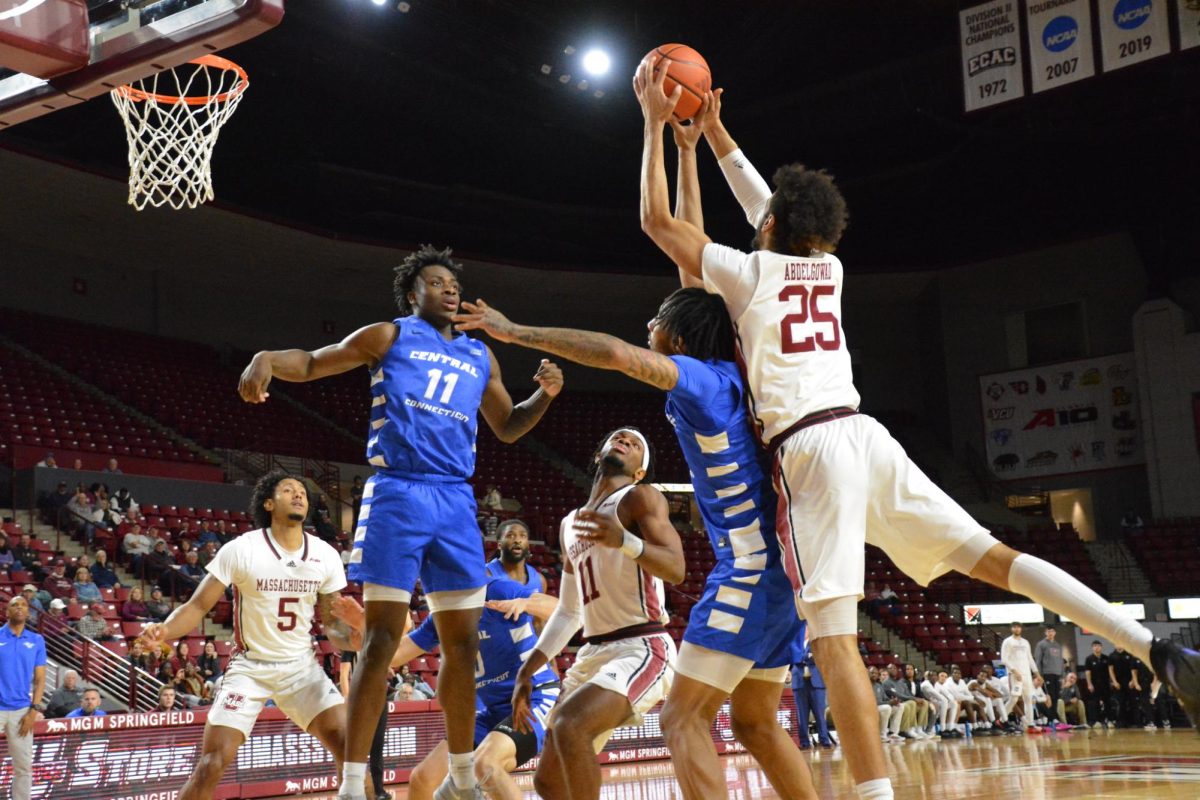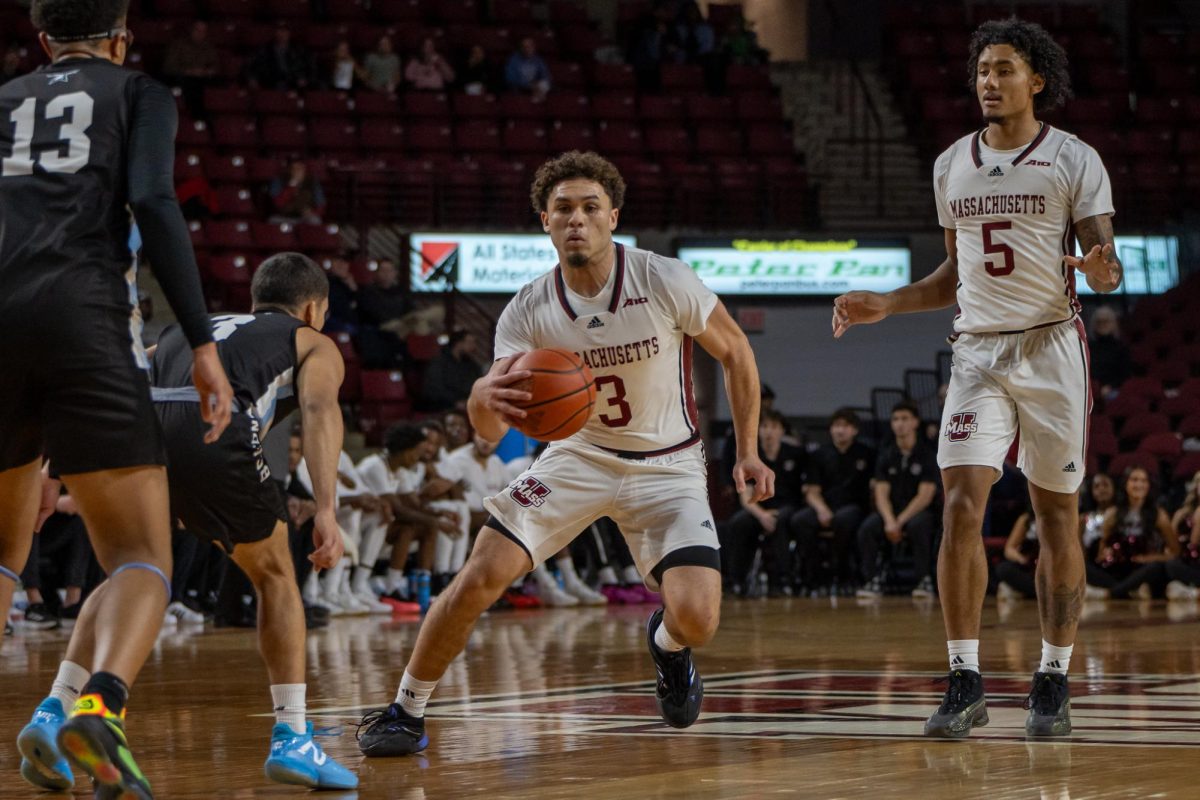A coalition of University of Massachusetts organizations sponsored free HIV testing in the Campus Center for students in preparation for World AIDS Day on Dec. 1.
Co-sponsors of the event included the Student Government Association, Pride Alliance, Intervarsity Christian Fellowship, Students Helping Area Reach-out Efforts (SHARE), the Multicultural Greek Affairs Organization, along with the Social Thought and Political Economy (STPEC) Department and Campus Design and Copy.
“We wanted to draw in as many groups on campus as possible, because AIDS is obviously not strictly a gay issue any more.” explained Ed Kammerer, a junior English and Political Science double major and the former president of Pride Alliance, as well as a member of the event’s planning committee. “It’s an issue that affects everyone on campus. AIDS is still going on. It’s still a pressing concern, and often times that gets forgotten.”
Kammerer said that the organizations decided to offer free testing in the Campus Center because, though the University Health Services offers HIV testing, it must be done by appointment and is done by drawing blood, a procedure that makes it unappealing to many students. Certified healthcare workers from Tapestry Healthcare in Northampton performed yesterday’s tests with the Ora-Sure Method, which uses a swab of cheek cells to test for HIV antibodies rather than a blood sample.
Results of the tests will be available in the Campus Center by Dec. 18, Kammerer said. This waiting period for a result is about as long as that for blood-sample tests.
Privacy will be a priority, according to Kammerer. Students are tested behind partitions and their cheek swabs are identified by a barcode. Results will be given in a similar manner.
Kammerer explained that the more painless method of testing was important to draw in as many students as possible for the testing.
“People need to be able to know their HIV status,” he said.
Martin Walker, a junior Civil Engineering major and a member of Pride Alliance, was supervising the walk-in testing facility yesterday.
“Definitely, it’s been going well,” he said. “I regret that we’ve had to turn people away.”
He added that he hoped that those offering free testing in the future would have “contingency plans” for an overflow of students seeking tests.
A lecture Wednesday night by AIDS activist Kiaran Honderich had been a similar success, Walker said. According to Walker, Honderich discussed the AIDS situation in South Africa, in which the AIDS epidemic has reached pandemic proportions.
“Most people there can’t afford a 28-cent drug,” Walker said. “The crisis has been brought about because of the country’s lack of ability to treat people, especially in rural areas.”
The biggest problem, Walker said, is how the West, with access to expensive treatments for the disease, has begun to turn away from working to end the crisis in poorer countries. Both Kammerer and Walker said that raising awareness and educating an affluent Western public was their long-term goal.
“It’s almost become a dead issue,” Walker lamented. “It was all the rage at the height of the epidemic in America. It was mentioned in every classroom and on the news, and that just isn’t there anymore. Granted, there are other issues that need to be talked about, but AIDS has faded into the background.”
Kammerer said he hoped that next year’s World AIDS Day events would be more widespread. Another event sponsored by the coalition this year, which coincided with the free testing yesterday, he said, was A Day Without Art, in which paintings in the Campus Center were covered with brown cloth.
Signs hung on the cloth read, “To honor those in the artistic community who have died and those currently suffering due to HIV/AIDS, we have covered this piece of creative expression to demonstrate the losses we have all suffered.”
Kammerer spoke of efforts already underway to get administrative permission to cover sculptures on campus for the next Day Without Art.
He also said that next year’s World AIDS Day plans included a lecture series featuring professors and researchers in the community with an expertise in health, medicine, and the AIDS epidemic.
All in all, Kammerer said, there’s still much to be done on campus in the field of AIDS activism.
“A big problem is that there is no RSO that addresses this directly,” Kammerer commented. “Other RSOs don’t have the resources to focus on it.”
But someone has to put AIDS in focus, according to Kammerer. “There’s still a lot of discrimination against people with AIDS,” he
said. “Fear, I think, has a lot to do with it.”






